Wuilly Arteaga was filmed in tears after government forces grabbed the violin he was playing at a mass protest and returned it to him in pieces.
Watch videos here.

Support has been rallying online.
Wuilly Arteaga was filmed in tears after government forces grabbed the violin he was playing at a mass protest and returned it to him in pieces.
Watch videos here.

Support has been rallying online.
The trumpet star has withdrawn from the scene to have a baby.
Here’s who her recording label is pushing up the ladder.
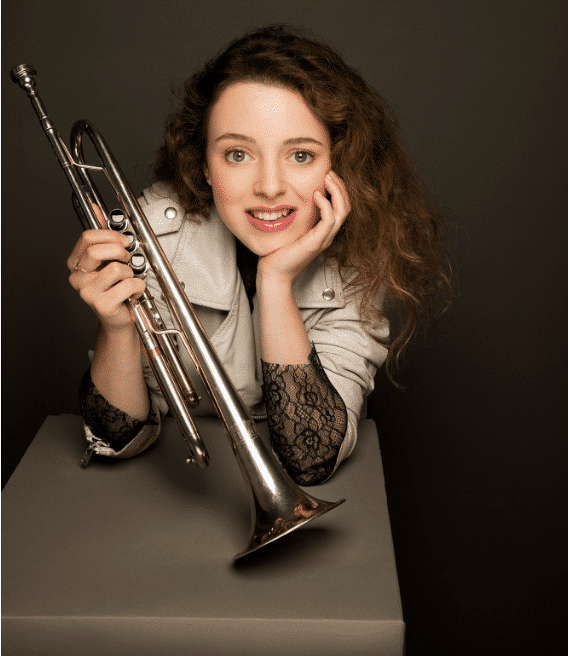
press release:
Lucienne Renaudin Vary will be joining the Royal Philharmonic Orchestra at Cambridge Corn Exchange to take on Haydn’s Trumpet Concerto on Saturday 17 June. At 18, Lucienne has a bright future ahead of her, currently still a student of the Conservatoire National Supérieur de Paris, she will take a short break from her exams in order to make her first appearance with the RPO. She is the first student at the conservatoire to have ever been accepted on both the classical and jazz course at the same time, and notably also the youngest and first female student to do so.
Lucienne was hailed ‘Revelation of the Year’ in the 2016 Victoires de la Musique Classique(the French Grammy Awards), performing live at the ceremony to a televised audience of 1.5 million. Lucienne had already appeared at the Victoires three years earlier, at the age of 14, in an tribute to French trumpet legend Maurice André. In addition to a sterling classical technique, Lucienne is also a prodigious and passionate jazz trumpeter, having studied both styles in parallel. For her forthcoming debut album on Warner Classics, titled A Voice, she will move effortlessly between the two in wide-ranging repertoire inspired by and featuring the human voice. Future dates include her debut with the Philharmonia Orchestra and a return to the London Chamber Orchestra under the baton of Vladimir Ashkenazy. Next season will also see orchestral debuts with the Munich Symphony Orchestra, Hong Kong Sinfonietta, Les Violons du Roy and Lucerne Symphony Orchestra, as part of their rising star series.
Inside the police cordon after the Arena bombing, students of Chetham’s School of Music sang the Oasis song that has become the city’s response to violence.
Watch.
We’re barely into Panama hats and Holland Park Opera is already pushing out 2019.
Here’s the programme:

Manon Lescaut was last staged at OHP in 2006, Iolanta in 2008 and Un ballo in maschera in 2009. Susanna’s Secret is a first for OHP and is eagerly anticipated following a warm reception of another of Wolf-Ferrari’s little-known operas in 2013, I gioielli della Madonna.
Cilea’s L’arlesiana – the third new production of this opera at OHP in 21 years – was the first of his operas to bring him fame, although today he is better known for Adriana Lecouvreur. L’arlesiana (The Girl from Arles) never actually appears in this tale of jealousy and descent into madness. The opera is a far truer example of ‘verismo’ than Adriana, and features music of exquisite pastoral beauty, gorgeous choruses and realistic human characters. The tenor aria ‘È la solita storia del pastore’ (Federico’s Lament) is one of the most famous in all late Italian opera.
Un ballo in maschera, last produced at OHP in 2009, is one of Verdi’s most celebrated scores. Along withManon Lescaut it gives OHP’s 2019 season a grandiose, emotional start. Further news on Manon Lescaut will follow soon.
Wolf-Ferrari’s delightful one-act comedy about marital misunderstanding, Susanna’s Secret, is in stark contrast to the epic I gioielli della Madonna which OHP presented to startled London audiences in 2013. The opera for which Wolf-Ferrari became most famous, its score is rich and sumptuous. It is paired with Tchaikovsky’s one-act masterpiece, Iolanta, a fairytale about a blind princess who finds love and regains her sight. The opera is among Tchaikovsky’s most beautiful scores and features aria after aria, and a searing duet between Iolanta and her lover Vaudémont.
James Clutton, Director of Opera and Michael Volpe, General Director issued a joint statement:
“The 2019 season promises to be another deliciously varied programme demonstrating what Opera Holland Park does best: offer high-quality, enjoyable opera to the public whilst extending the repertoire. We are excited to be able to share the news of future seasons earlier than ever before so that audiences can really sense our direction of travel for the coming years.”
The current issue of Das Orchester magazine has advertisements for concertmaster vacancies in the following premier-league orchestras (most of which employ four leaders):
Berlin Staatskapelle
Bavarian Radio Symphony
Bavarian State Opera
Munich Philharmonic
Stuttgart Opera
Hamburg Opera
Frankfurt Radio
Saxon Staatskapelle
Berlin Konzerthaus Orch
SWR
WDR
DSO Berlin
Deutsche Oper Berlin
RSB Berlin
and more.
Go for it!
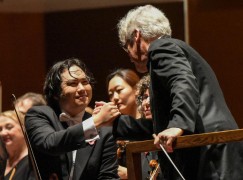
For the first time in its history, the Boston Early Music Festival has cancelled a concert because it could not obtain visas for a German-based quartet and a Dutch recorded player.
They applied twice and were refused both times, without reason.
Here’s their statement:
The Boston Early Music Festival regretfully announces that due to Visa complications, Han Tol and Boreas Quartett Bremen will be unable to perform their scheduled concert. We remain enthusiastic about presenting these dynamic instrumentalists at a future date.
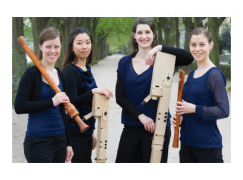
Our diarist Anthea Kreston wanders this week down memory lane.
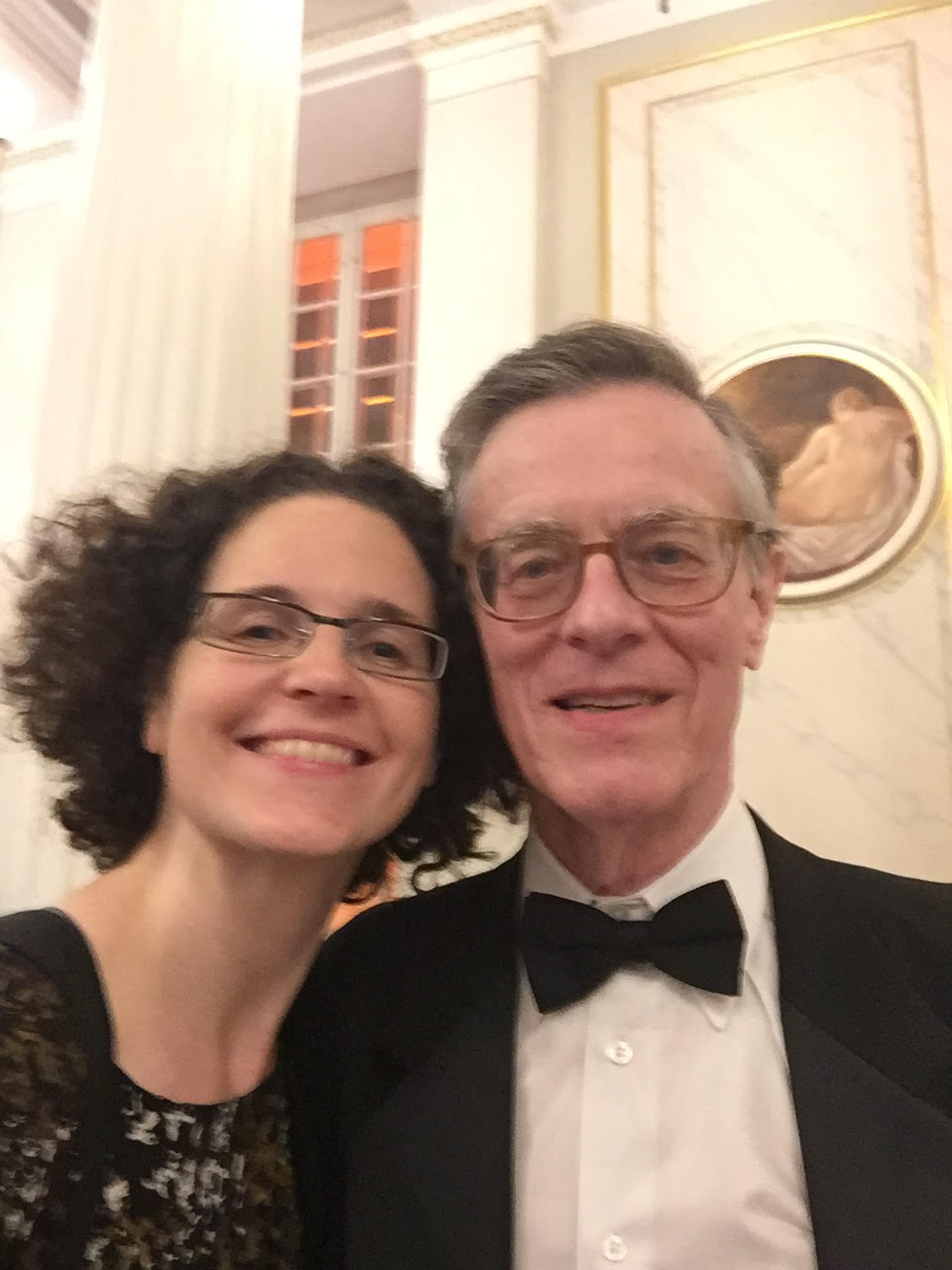
Why do people come to concerts? What do they want, expect, and receive? The preparation for an event, from the performers side, management side, and audience side, is incredibly time consuming and requires sacrifice, patience and commitment. Why do we all do it? I sat next to a non-musician in Brussels recently at an after-event, and asked him why he came, and he said, “pleasure and surprise”.
This week I had the great luck of hearing two fantastic concerts, and was very aware of the differences between being a performer and being an audience member. Recently I have been quite obsessed with audience experience, especially audience who are not musicians, or regular concert-goers. I like to talk to these people after the concert, and have been collecting “concert reviews” via email from a handful of people. Why do we go? A variety of reasons – our spouse wants to, we have a relative or friend playing, we want to hear some of our favorite music or musicians.
So – here is my own concert review of the Curtis Symphony Orchestra – they were here in Berlin as a part of a two-week European tour. ****disclaimer**** I am an alumna so I will be totally biased in a super-supportive way.
Review:
I knew several months in advance about this concert, and had it in the family calendar. I am crushed with work right now (my battery summary on my iPhone says that 54% of my usage today was for metronome), and wasn’t sure if it was smart for me to take the time to go – but I wanted to see old friends, take a trip down memory lane, and go with Jason and meet up with alumni at the concert. The babysitter was booked, tickets set aside, and plans to attend the private event after the concert were in place. It was exciting to go on a “date” – I even changed my outfit a couple of times and put on my fancy shoes.
The concert was held at the glorious Konzerthaus, which is situated in the Gendarmenmarkt Square in the Mitte section of Berlin, the hall which is home to Jason’s orchestra, Konzerthausorchester Berlin. The main hall, meticulously reconstructed after WWII, is a neo-classical shoe-box concert hall. It is considered to be one of the top 5 concert venues in the world for music (or so Wikipedia says).
One of the things I was most looking forward to was taking Jason’s route to work with him – we walked to the bus, transferred to the Ubahn, and I got a glimpse of his daily journey. Already we saw many friends before we even got to our seats – composer David Ludwig (whose piece I will be playing this summer at Curtis), the staff of the Curtis tour, and several alumni. Jason bypassed our assigned seats and took me to his favorite spot. The Konzerthaus is a rectangle, with a generous main seating area, but with the addition of three levels of thin balcony which wrap around the hall. We positioned ourselves directly above and behind the orchestra – we could see the conductor (Osmo Vänskä) clearly, as he was facing directly towards us. I had come down with a second, more fierce cold this week, and had taken a generous dose of my daughter’s cough medicine and had a roll of toilet paper in my backpack (it’s all high-class for this girl!). The students came on stage all together, to the generous applause of the audience.
Ravel opened – the Daphnis and Chloé Suite Nr. 2, and I was struck by the range of color and the delicacy of sound. The second piece was the Penderecki Double Concerto, with soloists Benjamin Schmid (violin) and Roberto Diaz (viola). What a crazy piece! Swirling and angular, virtuosic – the orchestra was tight and the soloists played with daring – passion but with the control needed in order to execute the finely woven mathematical dance. Because we were behind and above the orchestra, we saw the backs of the soloists. I guess, as audience members, we often remark about what a female player looks like, or wears. I was struck by how incredibly in shape these to men were – how is it that Roberto looks younger and more lithe now then l when I met him 20 years ago? Both Roberto and Benjamin’s tuxes were straining against their physical efforts – a perfect combination of strength and abandon. Unbelievable performance.
Intermission gave us a chance to find old friends – two incredible violinists who were at school at the same time as I and who now live in Berlin (and happen to have kids the same ages as ours). Judith Ingolfssohn is a soloist (winner of the Indianapolis Competition) and Indira Koch, assistant concertmaster of Deutsche Oper Berlin. We enjoyed some festive bubbly drinks and then they joined us after intermission in our birds-eye seats.
And finally, with all the glory of Brahms, did the full sound and raw energy of this group of 100 students reach its potential. With Peter Serkin as soloist for the Brahms Piano Concerto in d minor, the triangle of conductor-soloist-orchestra was complete and in sync. Peter Serkin has this way of interacting with the piano – where his fingers hover, vibrate on the keys. I guess I have always had a soft spot for pianists who sing – and not only does Peter sing along with himself, but he turns and sings with the orchestra – looking at individual students and without hesitation, sings along. I love it.
Osmo Vänskä put the baton aside for the second movement, and the hushed sounds from the strings was like being wrapped in velvet. His hands, with their long, supple fingers, looked like they were in a miniature pas de deux, seemed to be the hands of an Indian Classical dancer, with all of the subtleties of the mudras hand-dancing. Sometimes he would turn to Peter, resting his left hand lightly on the piano, such a little gesture, but it had such warmth.
We jumped to our feet after the concert, and I was so happy to to go to the reception after and say my congratulations to everyone. How amazing that a college group has the opportunity to work with such tremendous soloists and conductor, and I am sure it is equally as nice for the professionals to work with the kids.
My full nerd-ness came out as I found Mr. Serkin, and tried to jog his memory of the times we met (remember when I turned your pages at the 92nd Street Y? I used to play with your student *******, etc.). He seemed to vaguely remember, or at least was sport enough for a selfie.
So – what did I expect from the evening? Nostalgia, a fun date, some magic, fun conversations with old friends. Check, check, check, check. Can’t wait to do it again.
Emma Gerstein has emerged from audition as the new second flute of the Chicago Symphony, starting in September, it was officially confirmed today.
Emma is presently principal flute of the Auckland Philharmonia Orchestra in New Zealand, a position she’s held for just over a year.
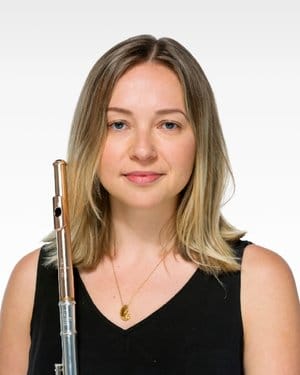
She’s Chicago born and bred.
Barely noticed by New York’s media, the revived City Opera has a composer in residence.
That’s classy, and risky. The Met would never take guidance from someone who actually writes opera.
City Opera’s Tobias Picker, who is also artistic director of Tulsa Opera, had his first opera, Emmeline, commissioned by Santa Fe, An American Tragedy by the Metropolitan Opera and Dolores Claiborne by San Francisco Opera. He’s a mainstream composer of American opera.
Things start happening when you’ve got a composer in the house.
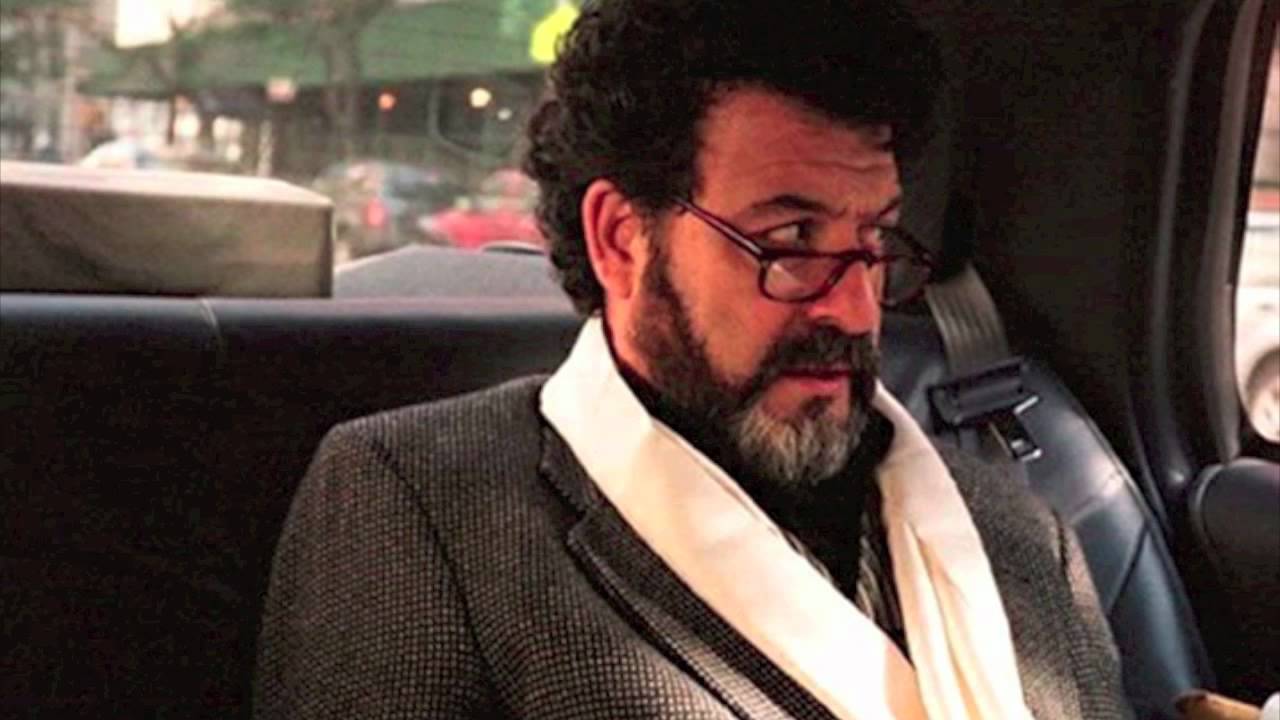
‘Sibelius is my daily diet,’ says the new music director of the RNSO, announced today.
America’s second-oldest orch is upgrading under Canadian management:
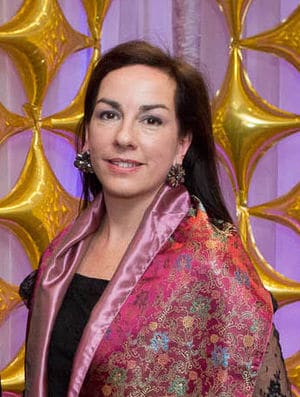
(May 25, 2017, St. Louis, MO) – Today, St. Louis Symphony President & CEO Marie-Hélène Bernard announced key senior management team appointments. Erik Finley, a seasoned artistic and operations manager with major orchestras across the country, has been appointed Vice President, Artistic and Operations. Veteran strategic communications executive Adam Crane has been promoted to Senior Vice President of External Affairs and Strategic Initiatives. Amy Drummond, a recognized philanthropic leader with a track record of successful fundraising and stewardship campaigns, has been promoted to Vice President of Philanthropy.
St. Louis Symphony President & CEO, Marie-Hélène Bernard said:
“With this truly exceptional management team in place, our goals of reaching a growing audience and finding new and fresh ways to make music relevant here and around the world are attainable. Working alongside such a talented and committed group of colleagues is a joy and a privilege, and I am excited by all that we can accomplish together.”
Welcome to Bennington, Vermont, where Polly van der Linde has installed a piano keyboard design at the intersection of Main Street with North and South streets.
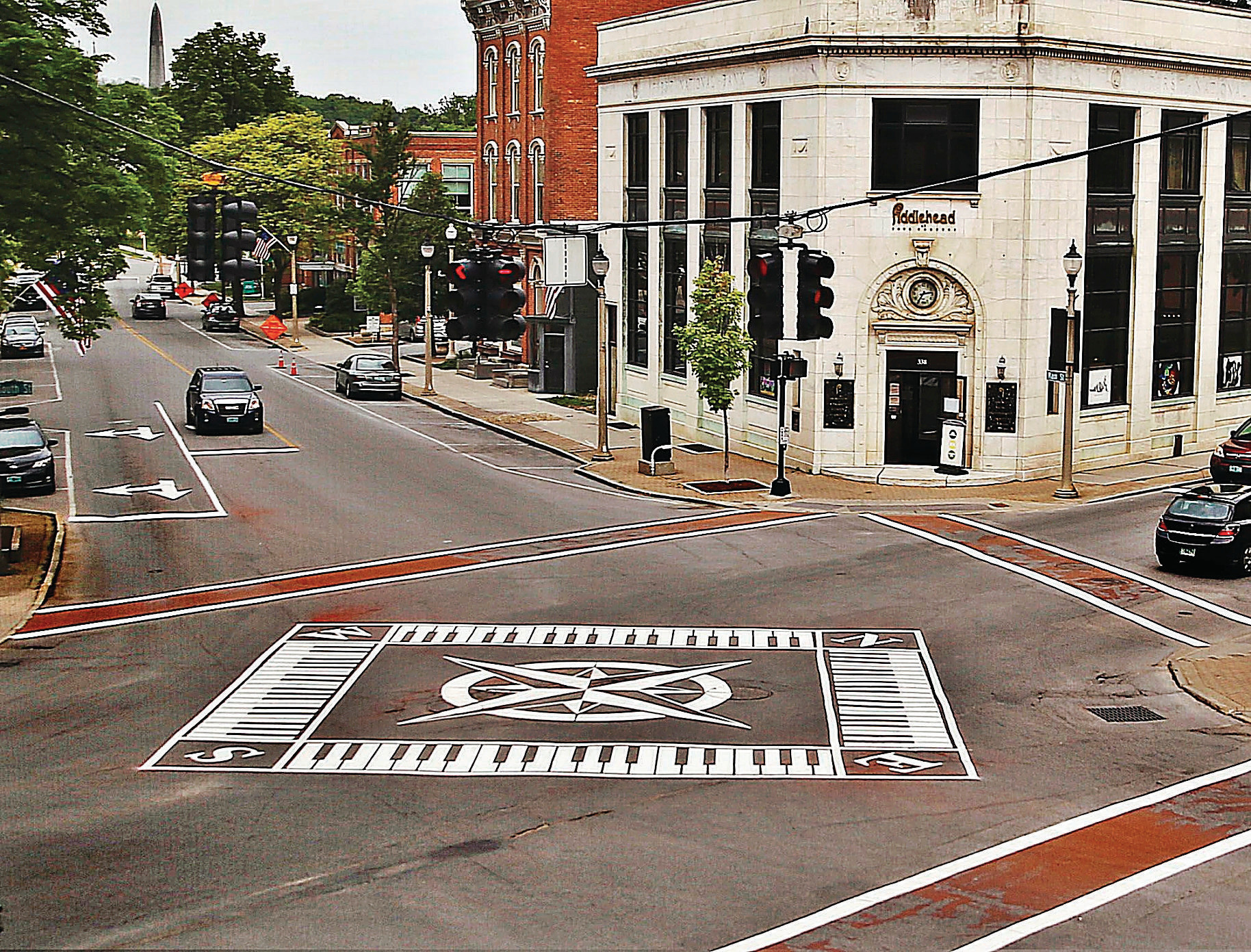
Cool?

We think so.
More here.